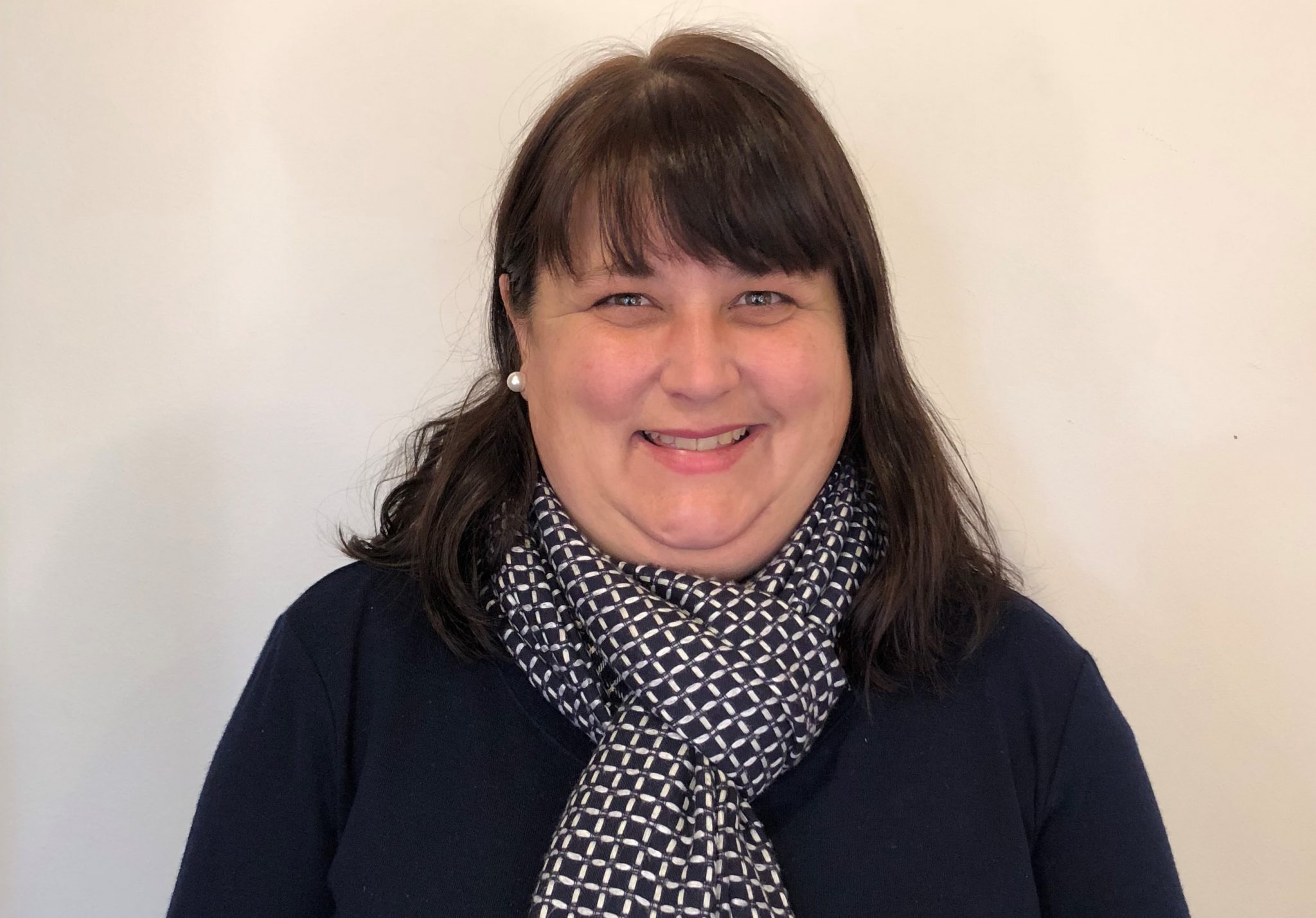Sponsored by AgriFutures Australia, Ms Anderson says it is true that by starting one life changing experience, other things begin to change around you.
“I initially thought I wanted to do the program to raise my national profile, but the program teaches you that it’s not all about you,” said Ms Anderson who describes herself as the chaser bin driver at harvest, the vaccinator during lamb marking, often in the sheep yards, on her motorbike moving sheep or driving the clover harvesters.
“What the program does is focus on the importance of improving rural communities and why contributing and working for regional communities is at the heart of everything regional and rural leaders do.”
Adding: “The ARLP program throws you into the deep end, so your own leadership skills are illuminated, and then there’s the opportunity to network with other leaders from across the country.”
The ARLP is a 15-month leadership program immersing rural, regional and remote leaders in a series of unique experiences to develop their leadership capabilities. It also gives participants valuable opportunities to nurture, challenge and build upon their leadership skills with people from diverse communities and industries.
In April 2021, Ms Anderson’s cohort travelled to Canberra and will travel to the Kimberley, NT in June and an overseas destination in November, all environments which test the leadership skills and resilience of each participant*
Wearing many hats off-farm
Ms Anderson also wears many other hats. She is Chair of the AgriFutures Pasture Seeds Advisory Panel and Chair of Southern Australian Livestock Research Council (SALRC) Southern NSW, a group charged with identifying research needs in the red meat industry and prioritising issues for research and development (R&D) investment.
“If you think about what I grow – crops, lamb and pasture you’ll be unsurprised to know that I am involved in grains as well,” said Ms Anderson.
Up until late last year Ms Anderson was the Chair of FarmLink, a farming systems group based in the Riverina, conducting Research, Development and Extension (RD&E) for the benefit of dryland broadacre farmers.
She has just retired from that position and is now a member of the Grower Solution Network for SNSW for Grains Research Development Corporation (GRDC).
“What you will gather from my involvement in these roles, is that I have a passion for improving what we do in agriculture.”
So what are the industry challenges?
A lot of the work Ms Anderson does is about delivering R&D to farmers that either improves profit, production or sustainability in its broadest sense.
“For me R&D is of absolutely no purpose if it is not adopted by farmers. The question is how you achieve this. I do not think we look at this issue as we should and we don’t deliver ‘extension’ in a way that maximises the change on farm,” said Ms Anderson.
Ms Anderson believes “adoption” works best if it is peer to peer learning and sometimes this involves using trusted advisors.
“That’s expensive and it takes time. An article on social media or in a glossy brochure does not necessarily drive practice change. We need to think about this up front. It’s a complicated issue and one I could talk about at great length.”
Another central issue in agriculture is the importance of fostering innovation to ensure Australia’s continued agility on the world stage. Actively assessing barriers to innovative thinking is critical.
The third issue driving industry change is collaboration.









